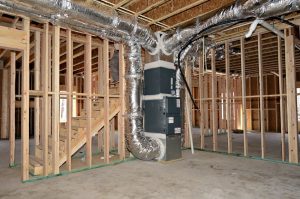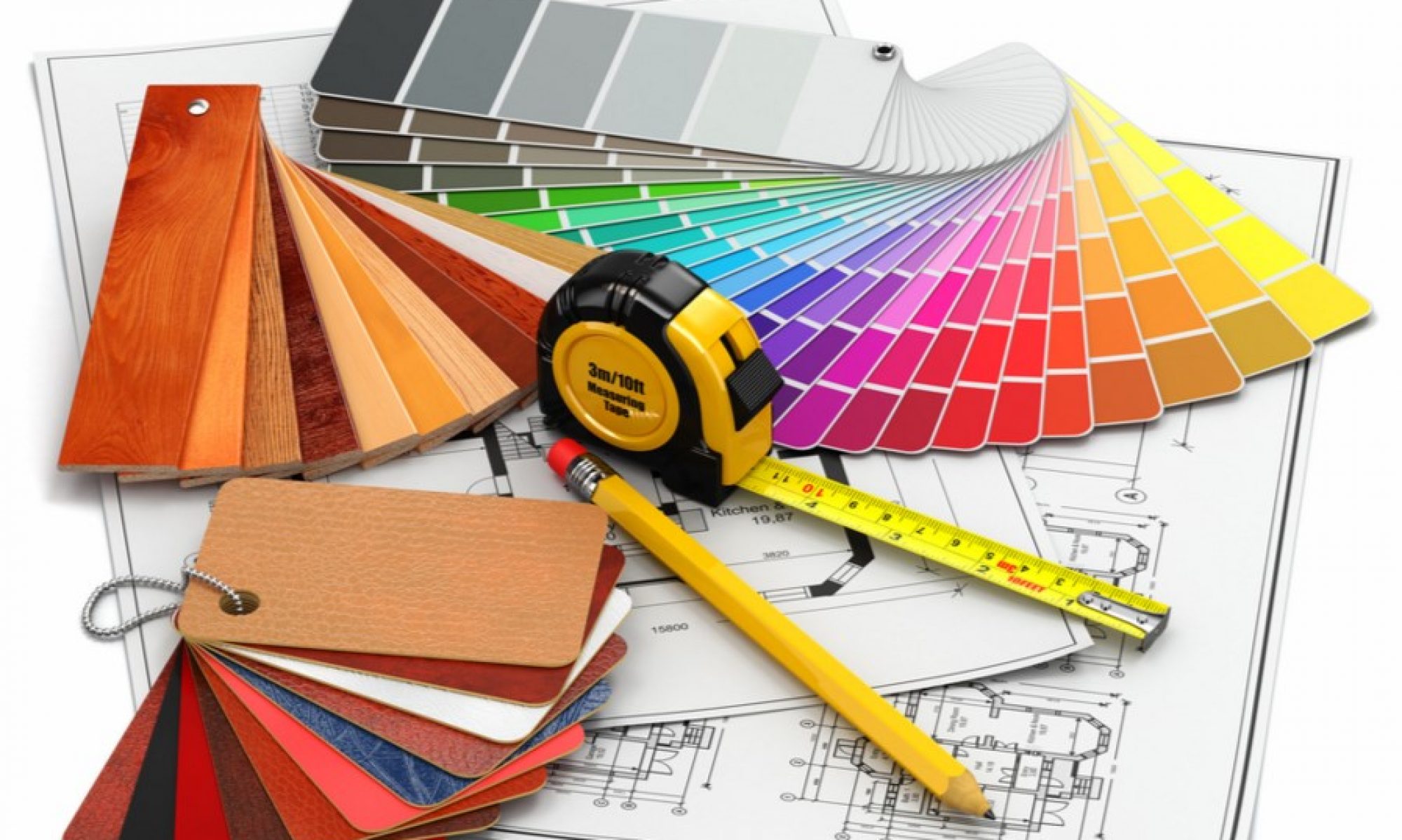Remodeling a basement, especially one that has been used as storage space for clutter, takes more than just putting up a fresh coat of paint and some wall art. In most homes, preparing the space for the final touch takes more time and energy than creating the design and buying the furniture and the appliances to install. After consulting with basement finishing contractors, here are some of the things and issues that you need to check and to address before you choose your wall color, your furniture and your decoration.
Building Permits
Whether or not you need to obtain building permits for your basement remodeling project depends on the complexity of the project and the type of the renovation work involved. The applicable building regulations are different for each state, so it is a good idea to check them before you start any work on your basement.
Give Your Space Some Time
Basements being located under ground level, they tend to be damper. Prolonged exposure to moisture takes its toll on the flooring and the walls in most basements, so the first thing to do after all the items stored in the basement have been removed is to check the walls and the floor for any sign of dampness, mold, mildew or other types of moisture damage and to address the issue. Removing the damaged parts is usually the best solution, but the walls and the floor of your basement need to be completely dry all over, so you will probably need to ensure proper ventilation and to wait until the moisture content in the components of the space reaches acceptable levels.

Pay Special Attention to the Electrical System and the Plumbing
The safety of the electrical system in your basement is of special importance – wiring that is not suitable is dangerous in any space in the house, but the moist environment of basements requires special attention. Unless you are a certified electrician, you should leave the job of checking and installing electric wiring and outlets to a professional – they will know what materials are safe to use and how to install them properly.
Paying attention to the plumbing system is also essential. Even if the scope for which you will use the basement does not require plumbing fixtures, the water pipes and ducts from your house probably run through your basement, so you need to integrate those components safely into your basement design.
Insulation is Essential
The key to good air quality and stable temperature in your basement is insulation of the right thickness, type and quality. Basement floors usually need an insulation system that consists of multiple layers and your basement walls should also be insulated to prevent the penetration of moisture and energy exchange.
Pick the Right Materials
Not all building materials that are common above ground level are safe and suitable for being used in your basement. Drywall, natural materials, such as wood and cork are not suitable for spaces that are increasingly prone to dampness, so pick synthetic materials, such as vinyl, wherever possible.
